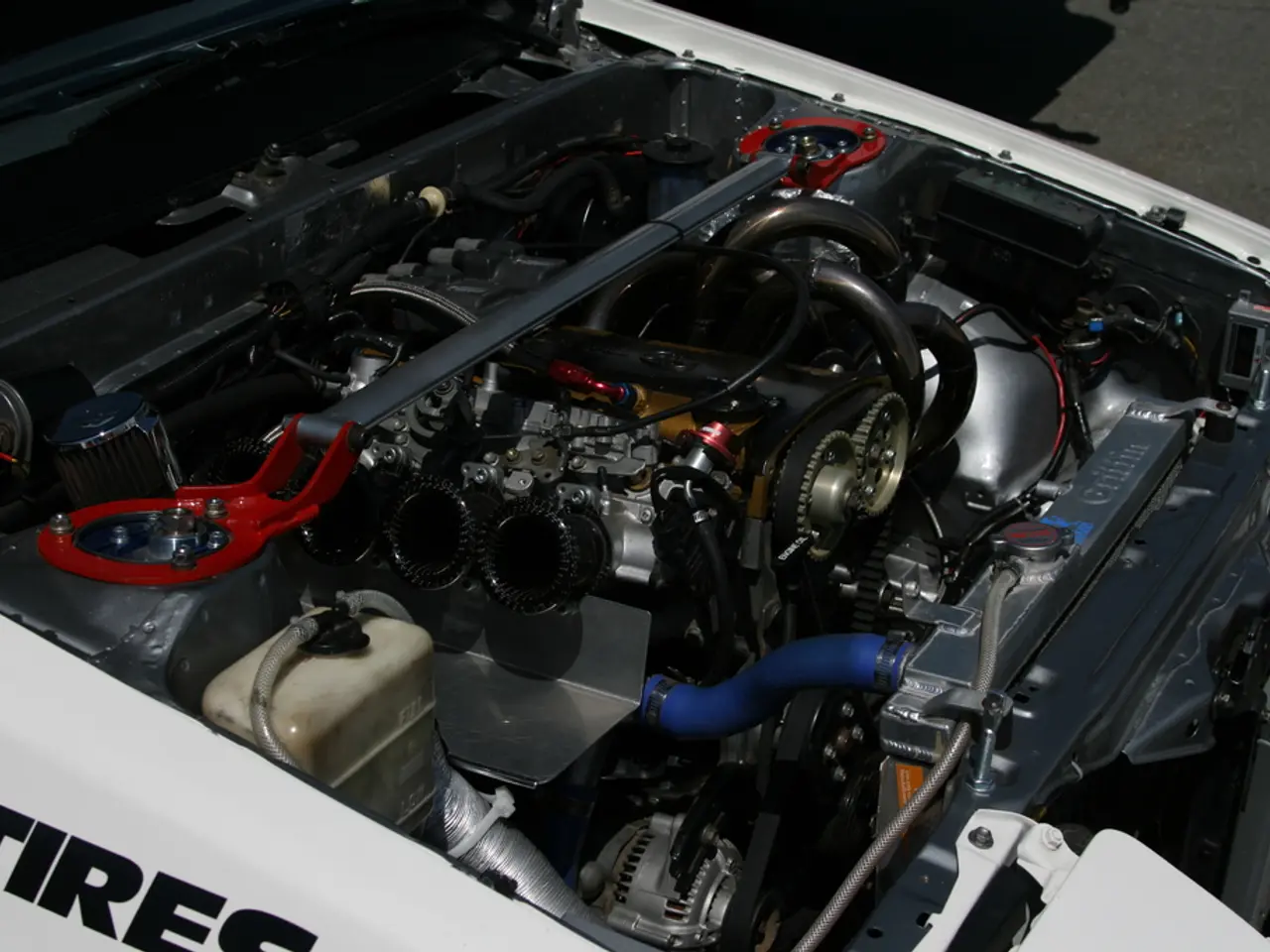U.S. Gets Its First Large-Scale, Sodium-Based Energy Storage Battery System from Peak Energy
Peak Energy, a US-based company specializing in low-cost, giga-scale energy storage technology for the grid, has taken a significant step forward in commercializing sodium-ion battery storage in the United States. The company's pilot project marks a milestone, unlocking nearly 1GWh of future commercial contracts currently under negotiation.
The system, which is the largest sodium-ion phosphate pyrophosphate (NFPP) battery system in the world, offers several key advantages over traditional lithium-ion technologies, especially for grid-scale energy storage.
Safer Operation with Passive Cooling
Unlike lithium-ion batteries that require active cooling with fans, pumps, or ventilation systems prone to failure and fire risk, Peak Energy’s sodium-ion system uses a patent-pending passive cooling architecture with no moving parts. This design eliminates up to 90% of auxiliary power needs and significantly reduces fire hazards linked to thermal management failures, which account for about 89% of battery fires in the US.
Lower Cost and Operational Savings
Peak’s system saves approximately $1 million annually per gigawatt-hour of storage by cutting auxiliary power consumption and reducing maintenance costs since no scheduled thermal system upkeep or moving parts are needed.
Longer Lifespan and Reduced Degradation
The sodium-ion batteries experience 33% less degradation over a 20-year lifespan compared to lithium-ion alternatives, enhancing asset longevity and reliability in utility-scale use.
Abundant and Domestic Raw Materials
Sodium is sourced primarily from soda ash, which the US possesses 92% of global reserves for, unlike lithium reliant on more geopolitically sensitive supply chains. This abundance supports domestic manufacturing potential, reduces dependency on China, and aligns with U.S. energy security policies bolstered by incentives under the Inflation Reduction Act.
Utility-Scale Ready and Scalable
The system is purpose-built for today’s grid with competitive energy density and four-hour discharge capabilities. Peak has achieved the first grid-scale sodium-ion system deployed in the US, with plans for massive scale-up and US-based cell production starting in 2026.
Peak Energy's sodium-ion battery energy storage system provides approximately 20% in lifetime cost savings compared to LFP in an average deployment. The system is also projected to have a 33% reduction in battery degradation over a 20-year project lifespan.
Peak Energy, which was launched from stealth in 2023, has multiple IPP and hyperscaler partners lined up for its commercial-scale storage products. Further announcements regarding Peak Energy's commercial-scale storage deployments are anticipated this fall. Following the pilot, Peak Energy plans to deploy several hundred megawatt hours of commercial-scale storage products over the next two years.
Peak Energy raised $55M in its Series A funding round in the previous year. The company's design eliminates all moving parts, including active cooling and ventilation components, increasing reliability and reducing operating and maintenance costs. The company is committed to onshoring the manufacturing of this critical industry.
Sodium-ion is poised to win the storage market as its chemistry allows operations at a wide range of hot and cold temperatures without requiring auxiliary cooling systems. Peak Energy sees energy storage as an economic imperative and a national security priority. The company's solution is the first grid-scale sodium-ion storage solution ever deployed to the U.S. electric grid. Peak Energy is developing its first U.S. cell factory, planned to start production in 2026.
[1] Peak Energy. (n.d.). Sodium-ion battery energy storage system. Retrieved from https://www.peakenergy.co/
[2] U.S. Geological Survey. (2021). Soda ash. Retrieved from https://www.usgs.gov/minerals/mineral-resources-program/mineral-commodity-summaries/soda-ash/
[3] U.S. Department of Energy. (2021). Energy storage grand challenge. Retrieved from https://www.energy.gov/eere/electricity/energy-storage-grand-challenge
[4] U.S. Department of Energy. (2021). Inflation reduction act of 2021. Retrieved from https://www.energy.gov/eere/articles/inflation-reduction-act-2021
In the realm of finance, Peak Energy's sodium-ion battery energy storage system is projected to deliver approximately 20% in lifetime cost savings compared to LFP in an average deployment, potentially serving as a lucrative investment opportunity for those interested in supporting domestic technology. On the technological front, this system, which is the first grid-scale sodium-ion system deployed in the US, offers several key advantages over traditional lithium-ion technologies. It operates with a passive cooling architecture, reducing fire hazards and cutting auxiliary power consumption, which translates to annual savings of approximately $1 million per gigawatt-hour of storage.




